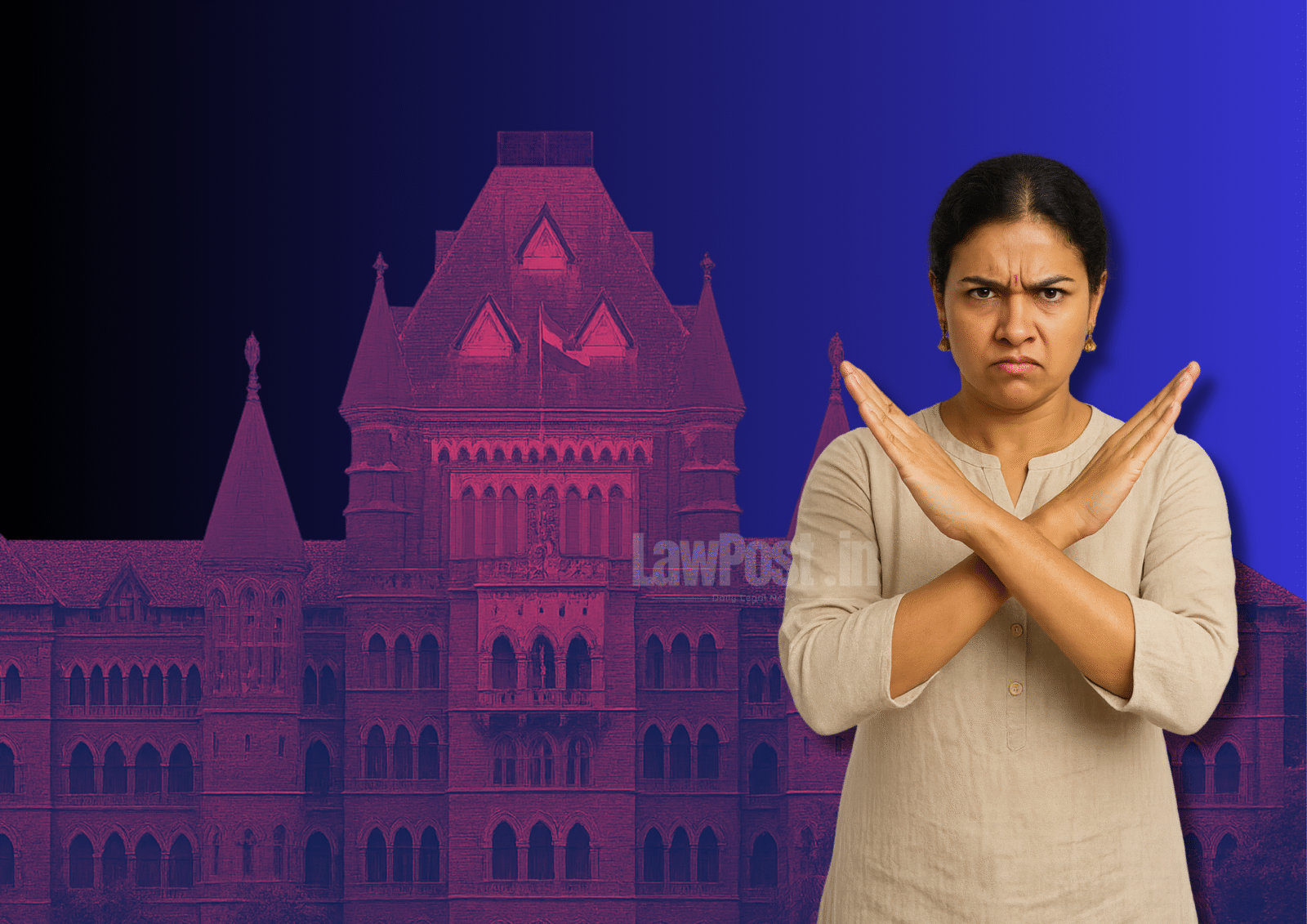The Bombay High Court has firmly reaffirmed that prior intimacy with a man does not amount to ongoing or blanket consent for future sexual encounters, and that forced intercourse — even by someone known to the woman — still constitutes rape.
In a judgment delivered by the Division Bench of Justices Nitin B Suryawanshi and MW Chandwani, the Court upheld the conviction of two men — Wasim and Sheikh Kadir Sheikh Jakir — in a brutal 2014 gang-rape case. The accused were sentenced to life imprisonment by the trial court, a sentence now modified by the High Court to 20 years’ rigorous imprisonment considering certain mitigating factors.
The Court underlined the importance of clear and unambiguous consent, stating:
“A woman who says ‘NO’ means ‘NO’. There exists no further ambiguity and there could be no presumption of consent based on a woman’s so-called ‘immoral activities’.”
The case involved a Muslim woman living in a live-in relationship with her Hindu partner Dinesh. The couple faced verbal confrontation and physical assault from the convicts, who objected to their inter-faith relationship. The situation escalated into a horrific night of violence, abduction, and rape in a forested area near Tadoba. One of the attackers was a juvenile.
Despite efforts by the defence to discredit the victim’s testimony by pointing to her past intimacy with one of the accused and her estranged marriage, the Court held her testimony to be consistent, credible, and sufficient for conviction. It applied the “sterling witness” test, finding that:
“A woman who consents to sexual activities with a man at a particular instance does not ipso facto give consent to sexual activity with the same man at all other instances.”
The Court also reinforced that a woman’s sexual history or lifestyle cannot be used to discredit her or presume consent, citing Section 53A of the Indian Evidence Act. It stated:
“Rape is the most morally and physically reprehensible crime in society, as it is an assault on the body, mind and privacy of the victim… Sexual intercourse on one hand gives pleasure to the participants including a woman but if it is done without consent of the woman, it is an assault on her body, mind and privacy.”
Although it upheld the convictions under Sections 376D (gang rape), 307 (attempt to murder), 366 (abduction), 394 (robbery), and the Information Technology Act, the Court reduced the life sentence to 20 years, citing the absence of grievous injuries, previous intimacy, and the convicts’ good conduct in jail.
The verdict stands as a strong legal and moral reaffirmation that consent must be specific, present, and respected — every single time.
Case: Maksud Sheikh Gaffur Sheikh vs State of Maharashtra – Available on LAWFYI.IO








